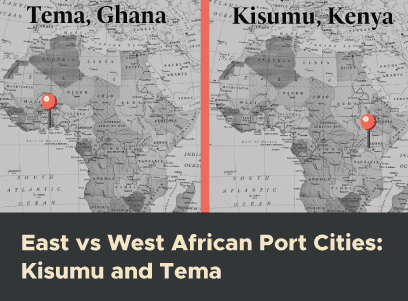Jonathan is a partner at Growth Teams, a not-for-profit supporting governments in African countries and in Indian states with an innovative model to accelerate economic growth and job creation. He is a development economist specializing in industrial policy implementation. For five years he was Technical Director (Africa) for the Tony Blair Institute where he launched its industrialization, agriculture, and human capital development practices while expanding its energy and climate and its center of government and delivery practices across 16 African countries. He spent 8 years serving as an embedded economic advisor in the governments of Liberia, Malawi, and Guyana, during which time he supported these countries to accelerate their agriculture and agro-processing industries while improving their enabling environment through reforms in sectors like trade facilitation, energy and road infrastructure, and education. He spent the first four years of his career working in the United Kingdom. Jonathan has written extensively on the topic of job creation and industrialization in Africa, publishing with the Global Development Institute, the Tony Blair Institute, the Overseas Development Institute, the Pan-African Review, and various media outlets. Jonathan grew up in Malta and read MSc Economics at the University of Warwick.










